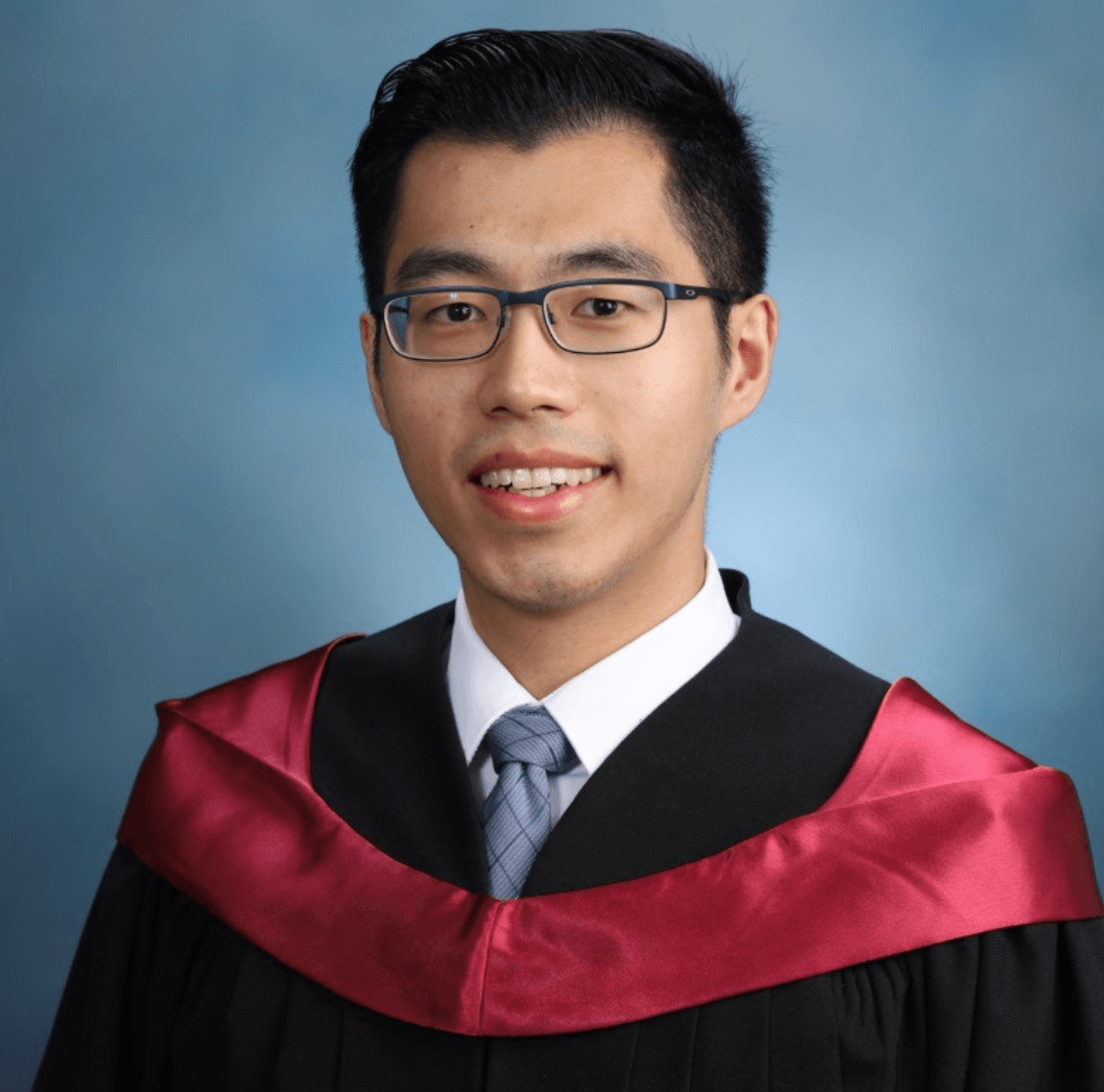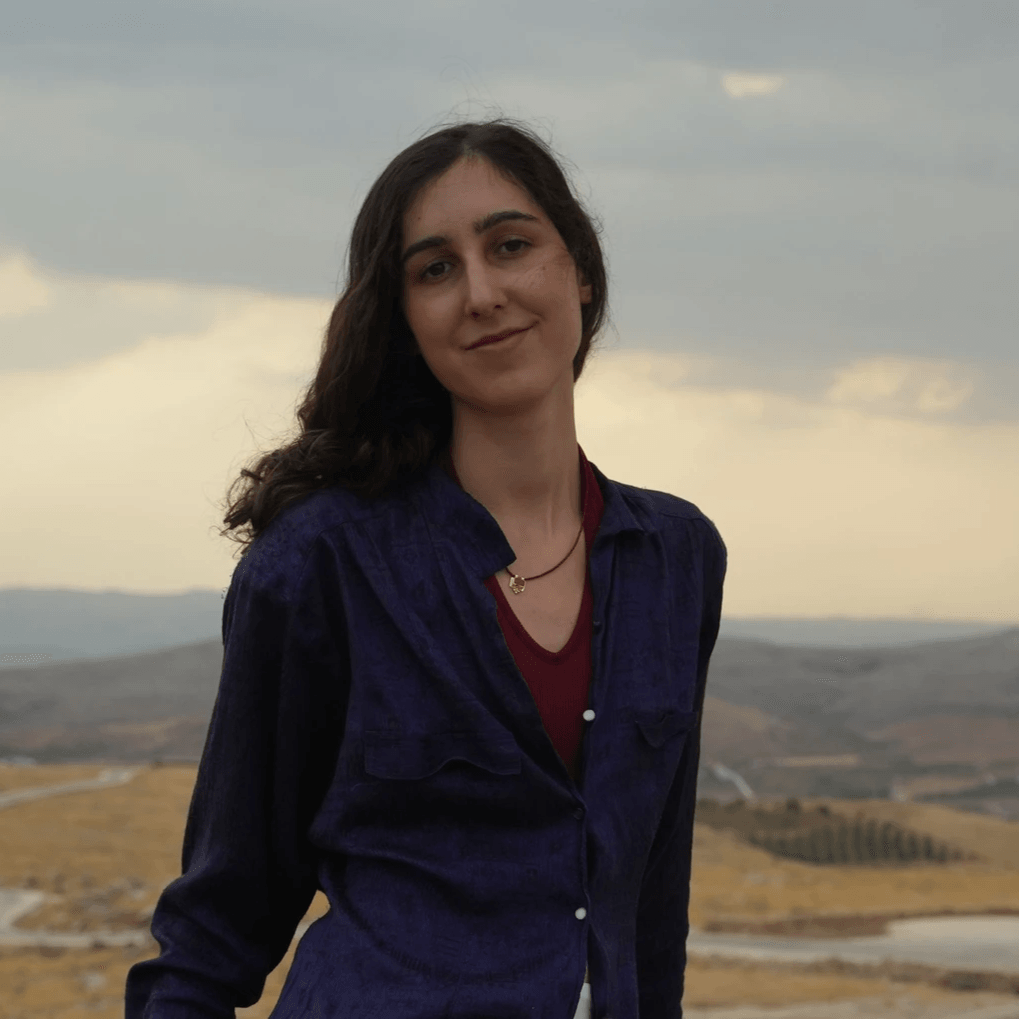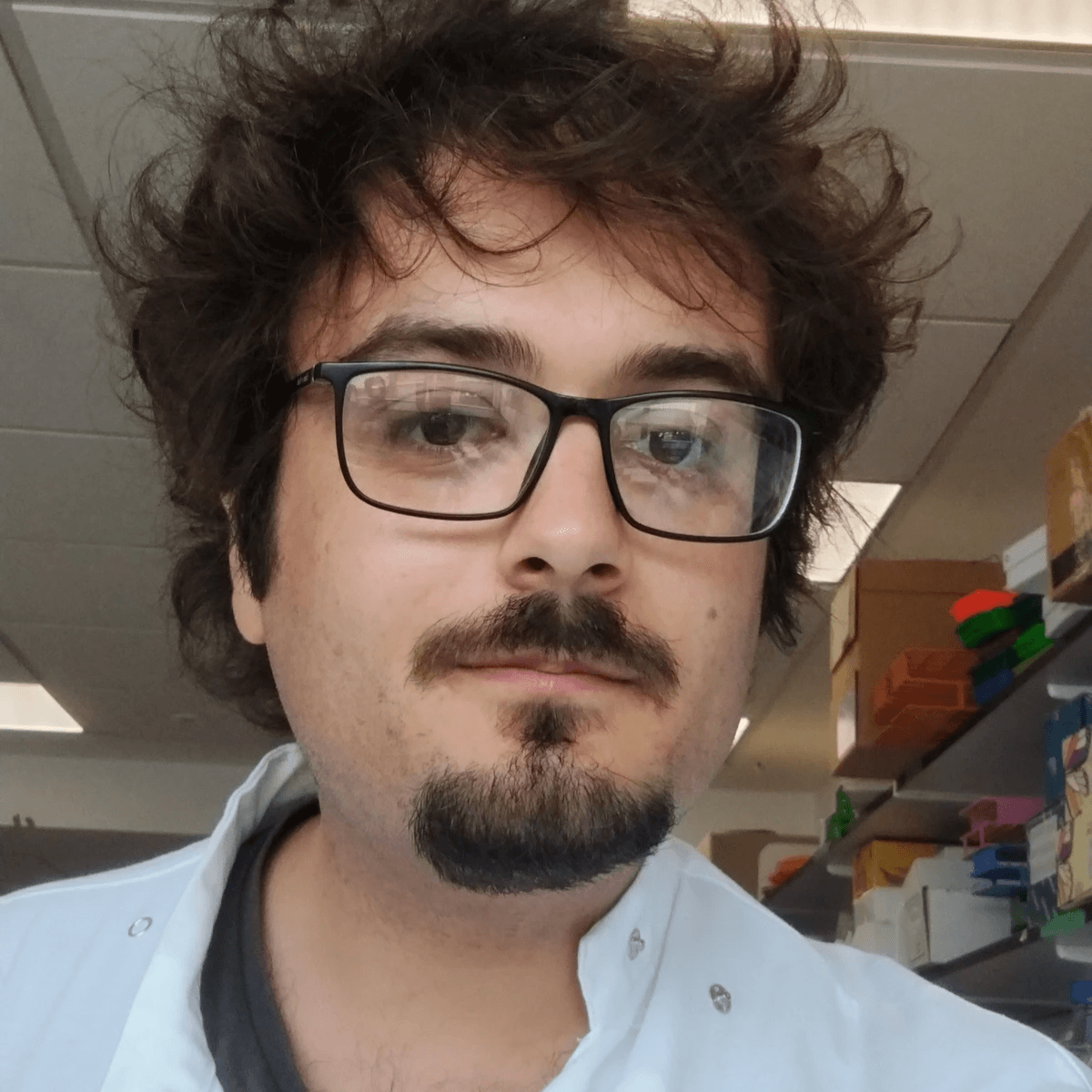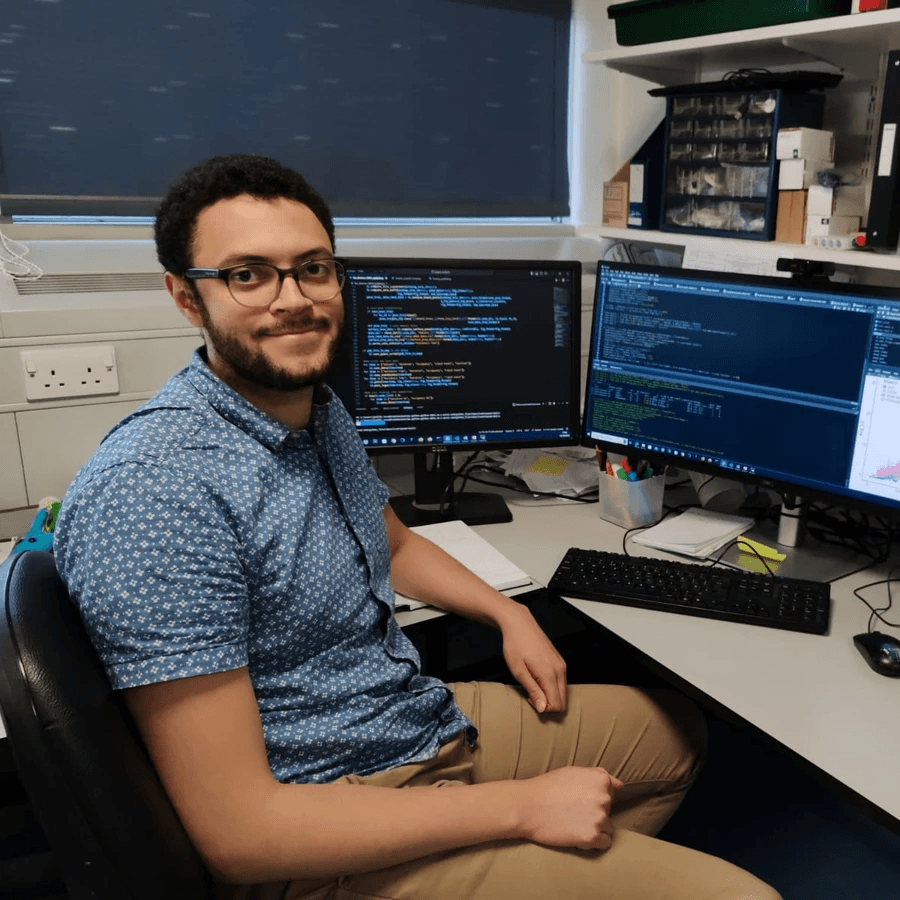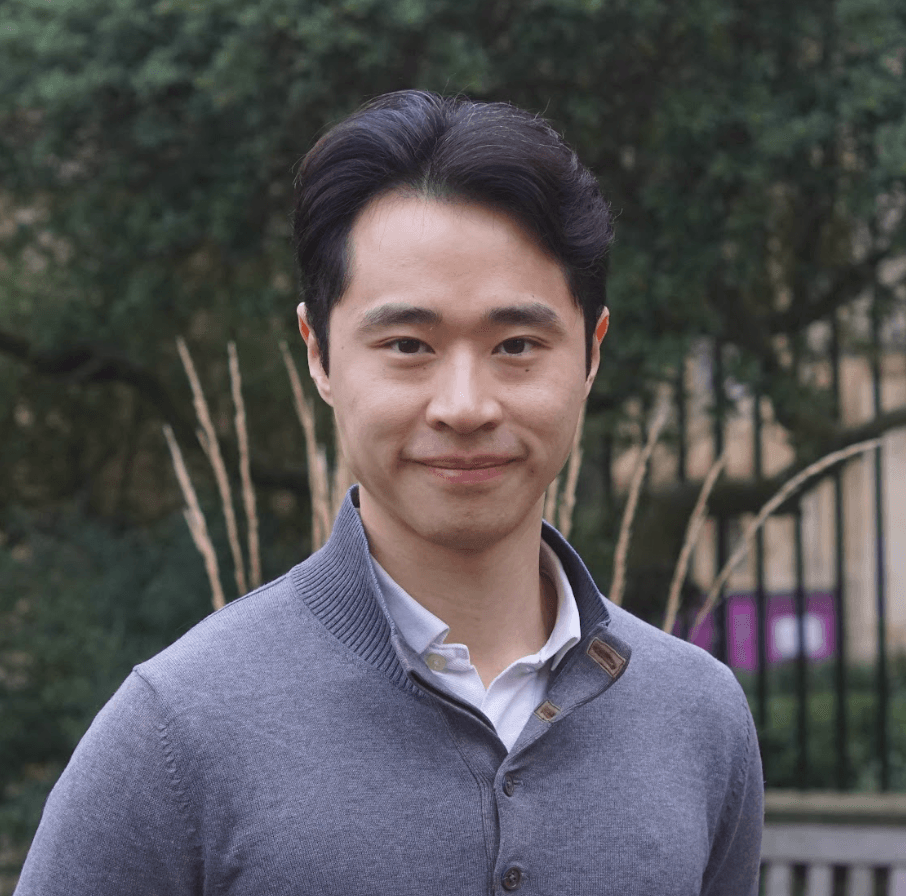


Cambridge Society of Ageing and Longevity Research


Cambridge Society of Ageing and Longevity Research

Who Are we?
Cambridge Society of Ageing and Longevity Research:
Our vision is to be the leading university society shaping the future of longevity science, where innovation, education, and collaboration converge to create a world where healthier, longer lives are accessible to all
OUR motivation
Why Ageing and Longevity Research is Crucial?
Why Longevity Research is Crucial?
Longevity and aging research is crucial for extending healthspan, minimizing frailty, and delaying or preventing age-related diseases such as diabetes, cardiovascular conditions, and dementia. By unraveling the biological processes behind aging, this field not only aims to add years to life but ensures those years are healthier and more productive. The implications are profound, including boosting productivity through longer working lifespans and reducing the social and economic pressures of an aging population. Ultimately, this research is about enhancing quality of life, ensuring extended years are lived with vitality and contributing to overall human wellbeing.
We Live in an Ageing World
From a historical perspective, in 1950, the global population was 2.5 billion, and by the end of the century, it's expected to reach around 10.4 billion. The most significant changes in this population growth have been the increase in the number of children from 1950 to now, and the expected surge in the number of working-age and elderly people in the years to come. In fact, for every child younger than 15, there were 1.7 people of working age (15 to 64) in 1950, and there are 2.6 now, a ratio expected to reach 3.6 by the end of the century.
Global Age Meridian Shift
The world population is experiencing a significant shift in age demographics, a trend largely attributed to improvements in health, survival, and reduced fertility rates. The global median age has increased from just over 20 years in 1970 to just over 30 years in 2022, with about a quarter of the global population being younger than 14 years, 10% being older than 65, and half being in the working-age bracket between 25 and 65.

OUR mission
We strive to transform ageing from an inevitable decline into a condition that can be effectively treated or even cured. Our ambition is to unravel the mysteries of ageing and target age-related disorders with novel, effective treatments. We envision a future where longevity is harmonized with sustained health and wellbeing, where each additional year is a year lived fully.
Our mission isn't merely about prolonging life but about ensuring that longevity carries with it the promise of enriched and vibrant life experiences
our team
Don't be shy. Come say hi!

George Han, President
George Han, a PhD student at CIMR, discovered his passion for ageing and neurodegeneration research through senior home volunteering. He has since studied nanoparticle-mediated drug delivery, Alzheimer’s disease and progeria syndromes and now focuses on a rare metabolic neurological disease.

Maja Kaczmarek, Vice President
Maja’s interest in longevity started when she was undertaking a research project on stem cell therapies in multiple sclerosis at the University of Edinburgh. It was then that she explored the link between premature ageing processes and MS, and realised that ageing processes affect most, if not all diseases. Her main interest now lies at the intersection of neurodegeneration and ageing, and she is currently researching autophagy pathways in neurodegeneration as part of her PhD at Babraham Institute.

Baptiste Piguet, Secretary
Baptiste's interest in longevity began at the age of 14. During high school, he pursued his passion for biology as an autodidact. He later completed a Bachelor's degree in Life Sciences at the University of Marseille, followed by a Master's degree at the École Normale Supérieure Paris-Saclay. Now a PhD student at the Babraham Institute, Baptiste focuses on understanding how replication changes in aging cells.

Petya Kamburova, Head of Strategy & Partnerships
Petya is an MPhil student in Bioscience Enterprise at the Chemical Engineering and Biotechnology. She comes from a tech and entrepreneurial background and has 12+ years of experience in scaling businesses, strategy, negotiations and product innovation. She's passionate about OneHealth and longevity and has been into biohacking for 5 years. She co-founded a science-driven skin clinic and is bridging gaps between the laboratory and the market. She's focused on strategic partnerships within the field to create synergies.

Jack Welland, Data Officer
Jack Welland is the Michael House PhD Scholar at the Cambridge Institute for Medical Research (St John’s College). He utilizes both computational and structural techniques to study how enzymes interface with membranes to conduct their function. Jack's interest in ageing research is focused on how increasing healthspan may prove the most effective strategy to tackling age-related neurodegenerative diseases (e.g., Alzheimer’s).

Hania Luniak, Head of Digital Communication
Hania Luniak is a biomedical engineer and stem cell biologist passionate about understanding neurodegeneration and brain aging. She’s currently doing her PhD at the University of Cambridge, where she’s diving into how RNA oxidation contributes to diseases like ALS. Using 2D and 3D stem-cell models, Hania is exploring how spinal motor neurons are affected by oxidative stress and disrupted proteostasis.

Wen Kin Lim, Head of Events
Wen Kin Lim is a Harding PhD Scholar at the Babraham Institute and University of Cambridge (St Catharine’s College). He became interested in longevity research during his undergraduate thesis research on signalling in stem cell regulation and ageing. He is particularly interested in how tackling ageing can be the most powerful way to achieve preventive medicine and improve modern healthcare. Wen’s current PhD research is on the mechanisms of ageing, specifically the loss of protein homeostasis and RNA oxidative damage that accumulates with age.
Stay informed!
sign up to receive regular updates on upcoming events and news:

